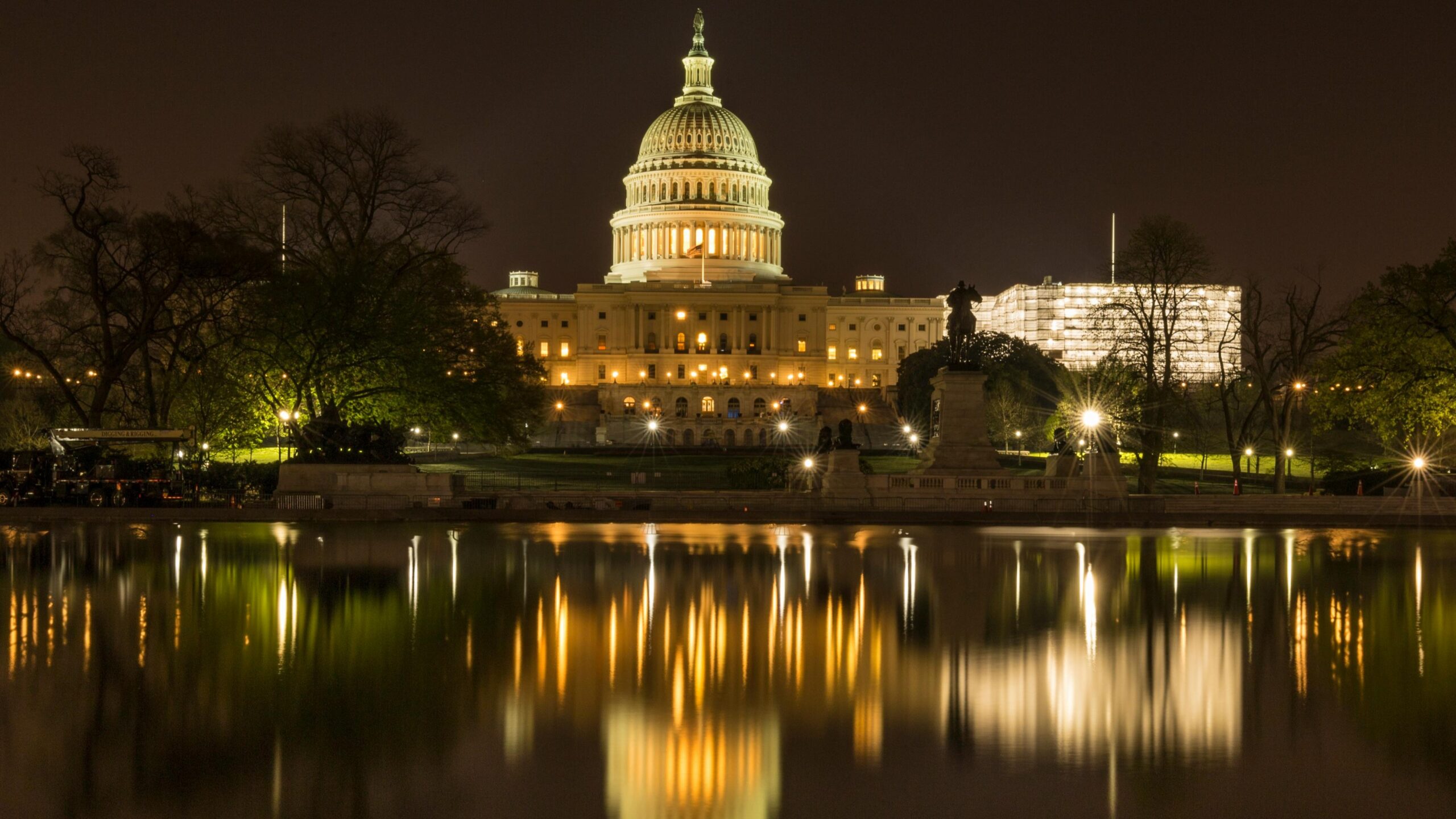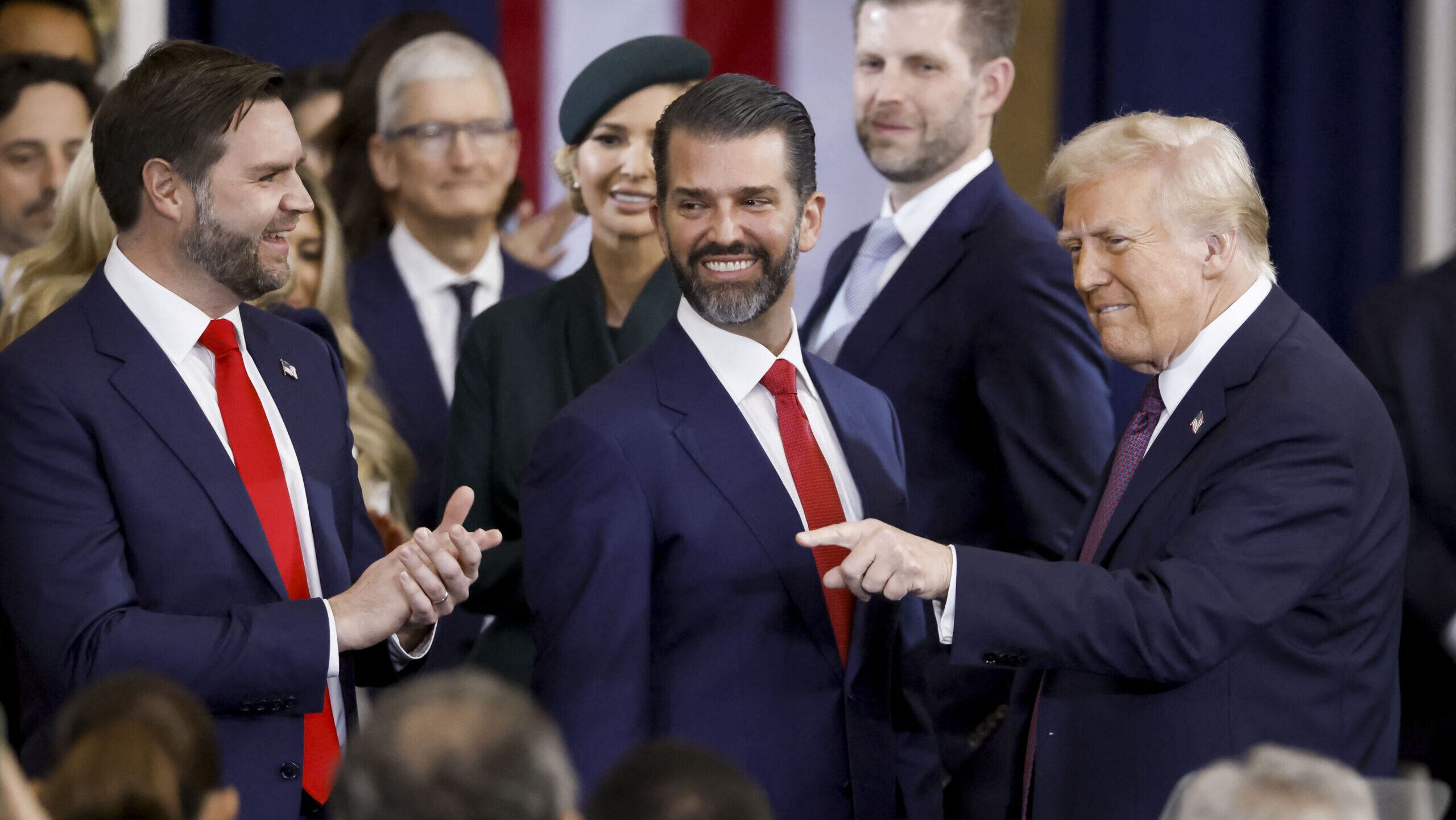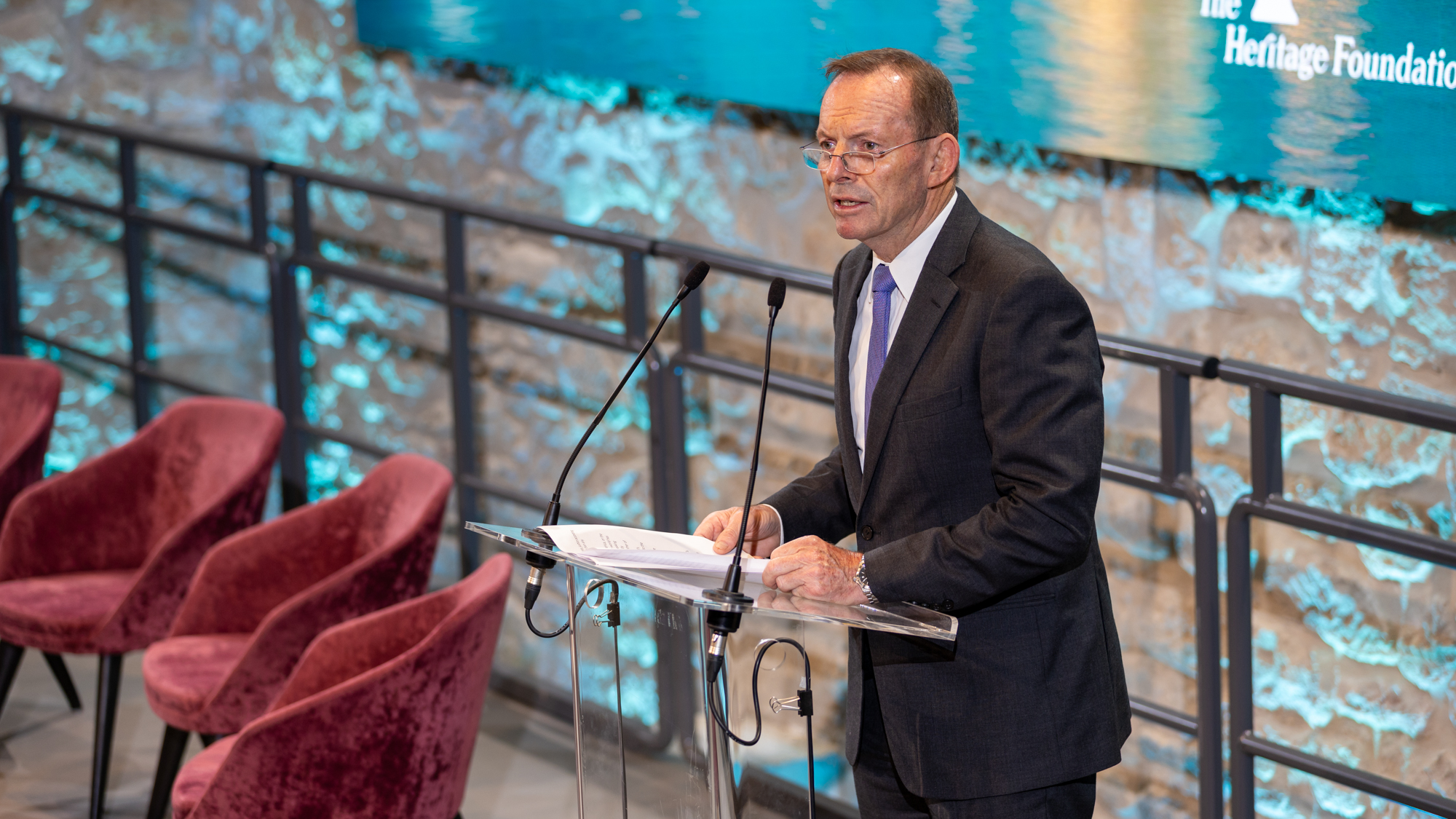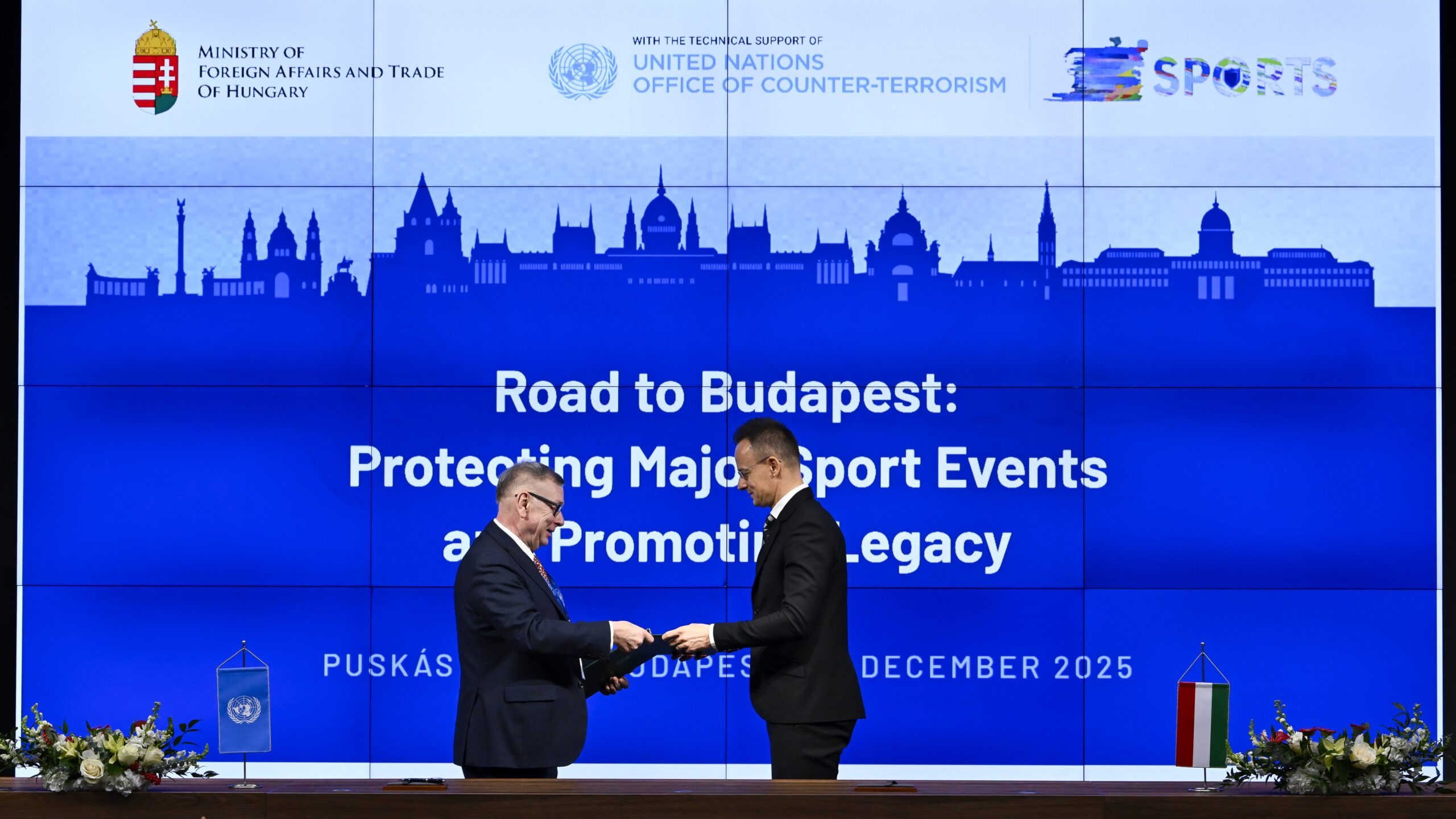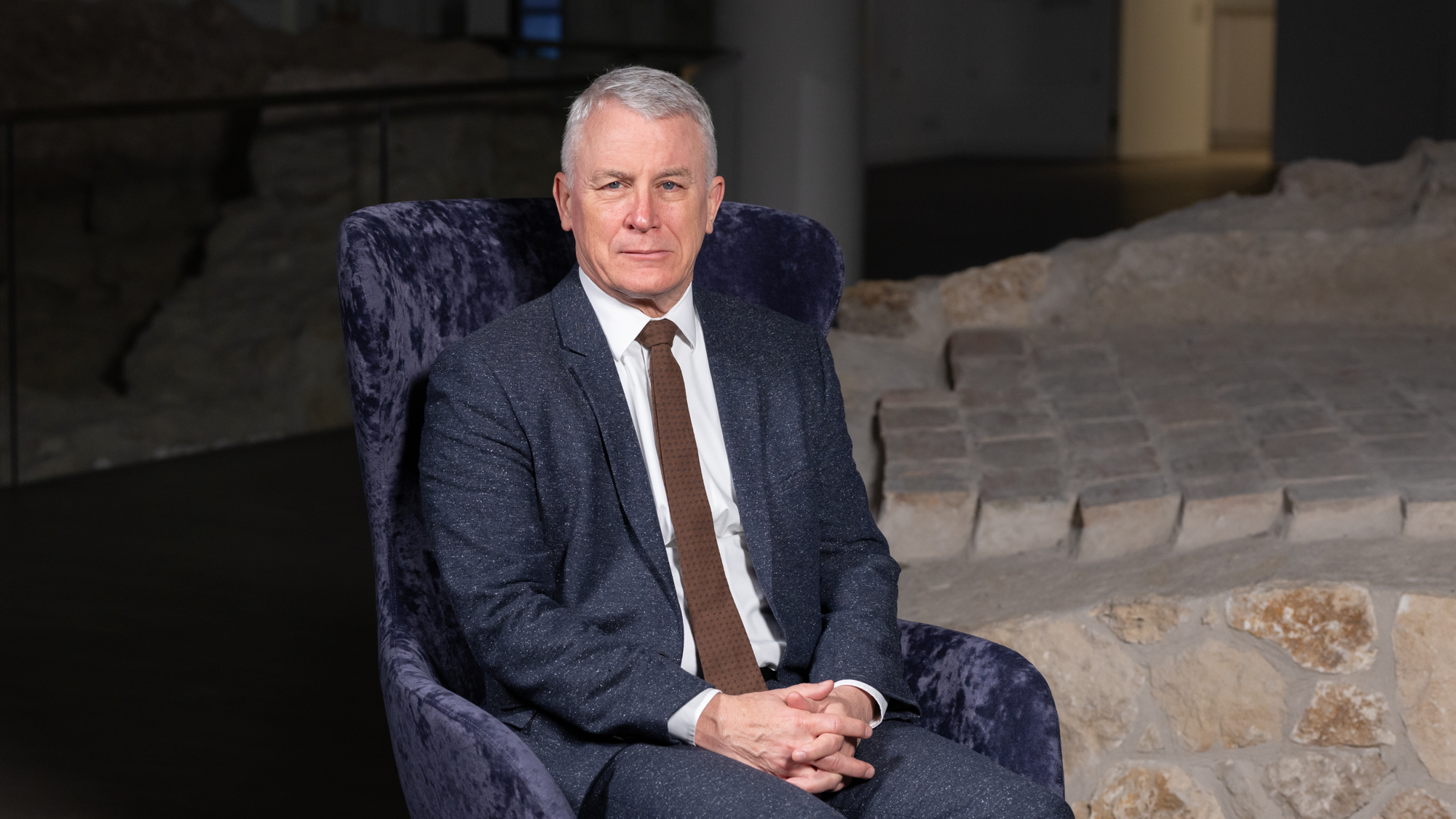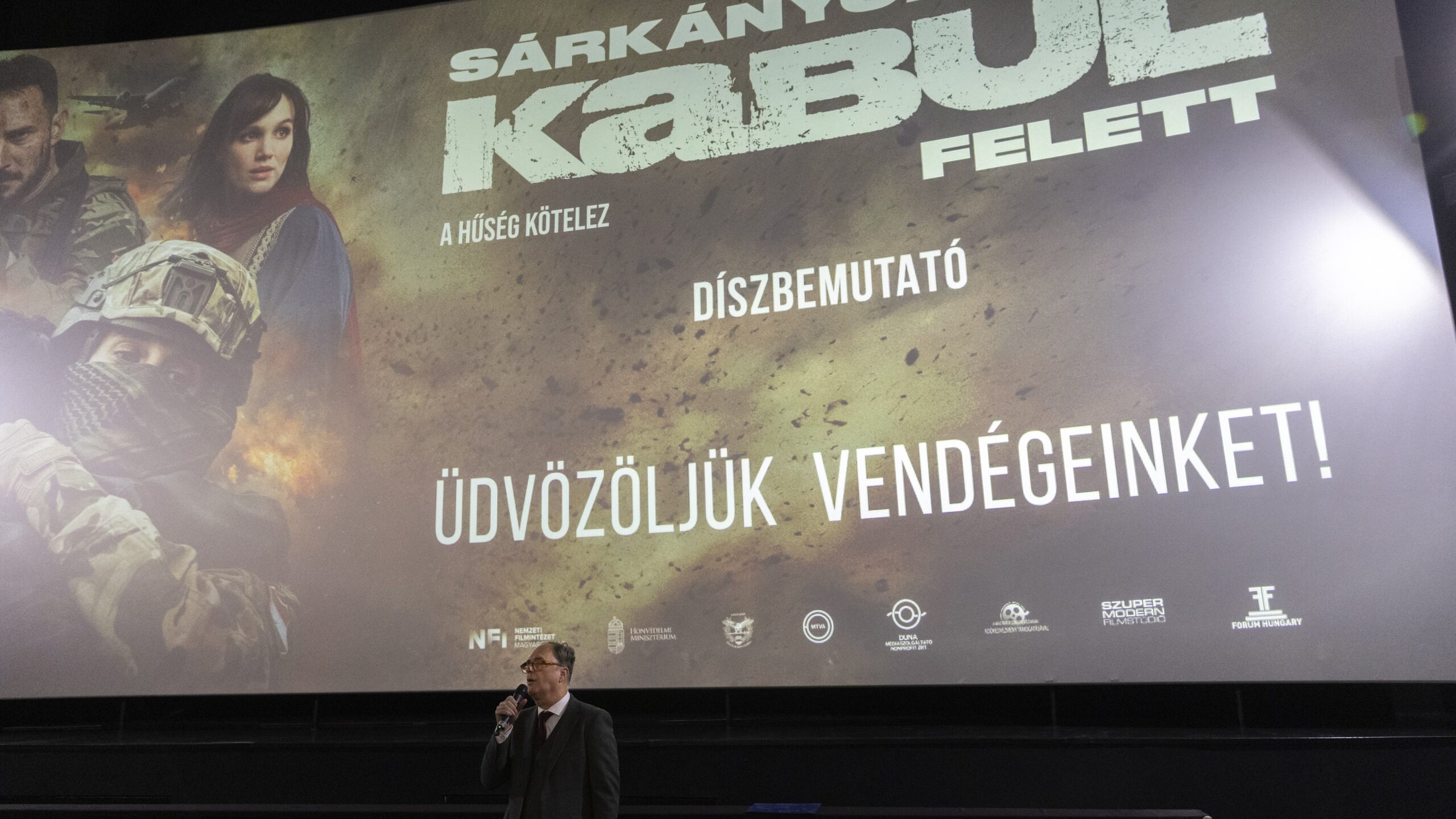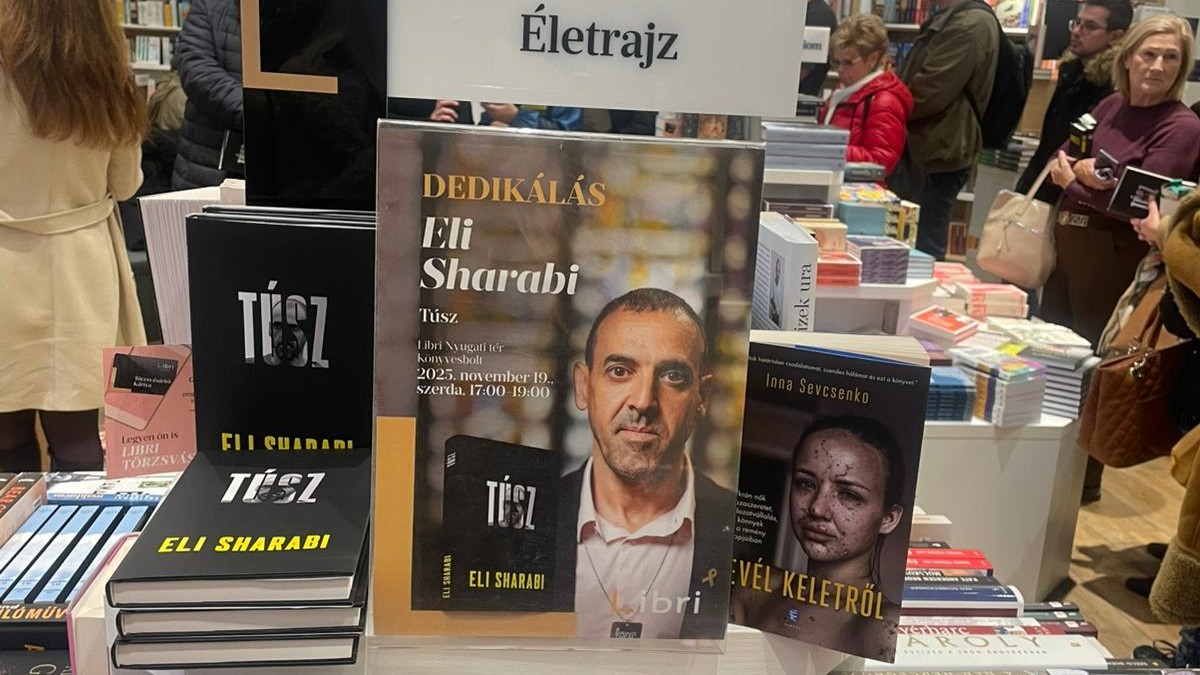
The Birth of Christ: History, Faith, and the Mystery of Christmas
Jesus is the Christ in the flesh, the Son of God who became the saviour of mankind. This is what the Holy Scriptures say about him, and they also affirm that through Mary he became a blood descendant of Abraham, from the tribe of Judah and the line of King David. Thus, as an ethnically Jewish man, he fulfilled the Law and died for our sins.

